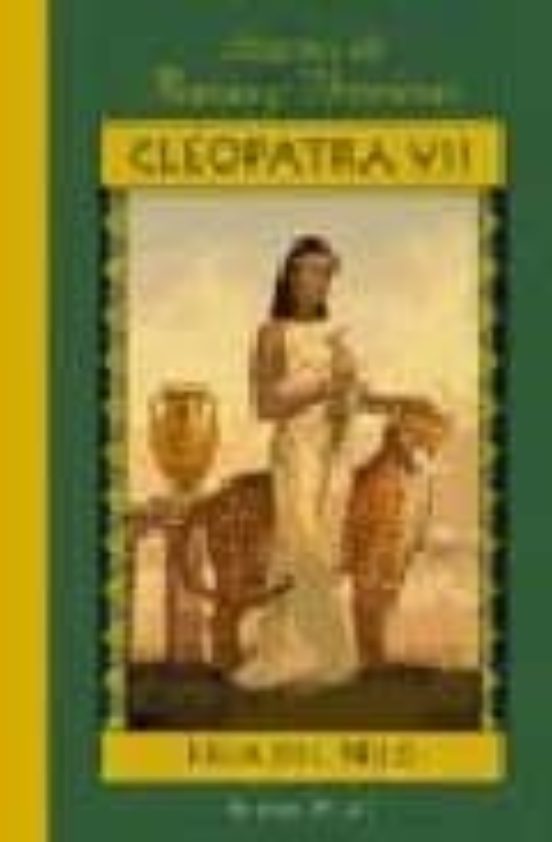


I felt like I didn’t really learn anything about Cleopatra, and all it did was make me look her up after reading it so I could find out more (which isn’t necessarily bad, I suppose, but I wanted the book to have accomplished some more than it did). I felt that this book is reserved more for those who already know about Cleopatra, so that they can relish in the things Gregory puts in that are already known. I like it best when these sorts of books really show us the history of the period, but I feel that this book didn’t really accomplish that. However, something interesting that I didn’t know that I found out is that Cleopatra was Greek, not Egyptian, due to the Ptolemaic dynasties connection to Alexander the Great (who is mentioned), though the book doesn’t really make that clear. Some attempts are made to give Cleopatra a bit of color and vivacity to her character, though it’s easy to notice that Gregory is more concerned with relying historical information than with establishing a definite sense of culture and time. Though I don’t think we know for sure if Cleopatra accompanied him or not, Gregory seizes this opportunity to show us more important people in Cleopatra’s life, like Cicero, Pompey, Julius Caesar, and Marc Antony. Gregory tells us a little bit about the Ptolemaic dynasty of kings, particularly focusing on (besides Cleopatra, obviously) Cleopatra’s father and his exile to Rome, where he asks for aid in overthrowing his daughter. And you can definitely see the areas where Gregory is just making it up as she goes along, although the core is the same as what really happened.

For a book covering Cleopatra VII, things get a bit trickier since we don’t have as many sources. For Dear America, everything happens within a 300-year period, and it’s easier to get historical data and references. Rating: 3/5 It’s interesting to get a Royal Diaries book that takes place so far back in the past. Cleopatra VII, Daughter of the Nile, by Kristiana Gregory, was published in 1999 by Scholastic.


 0 kommentar(er)
0 kommentar(er)
